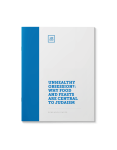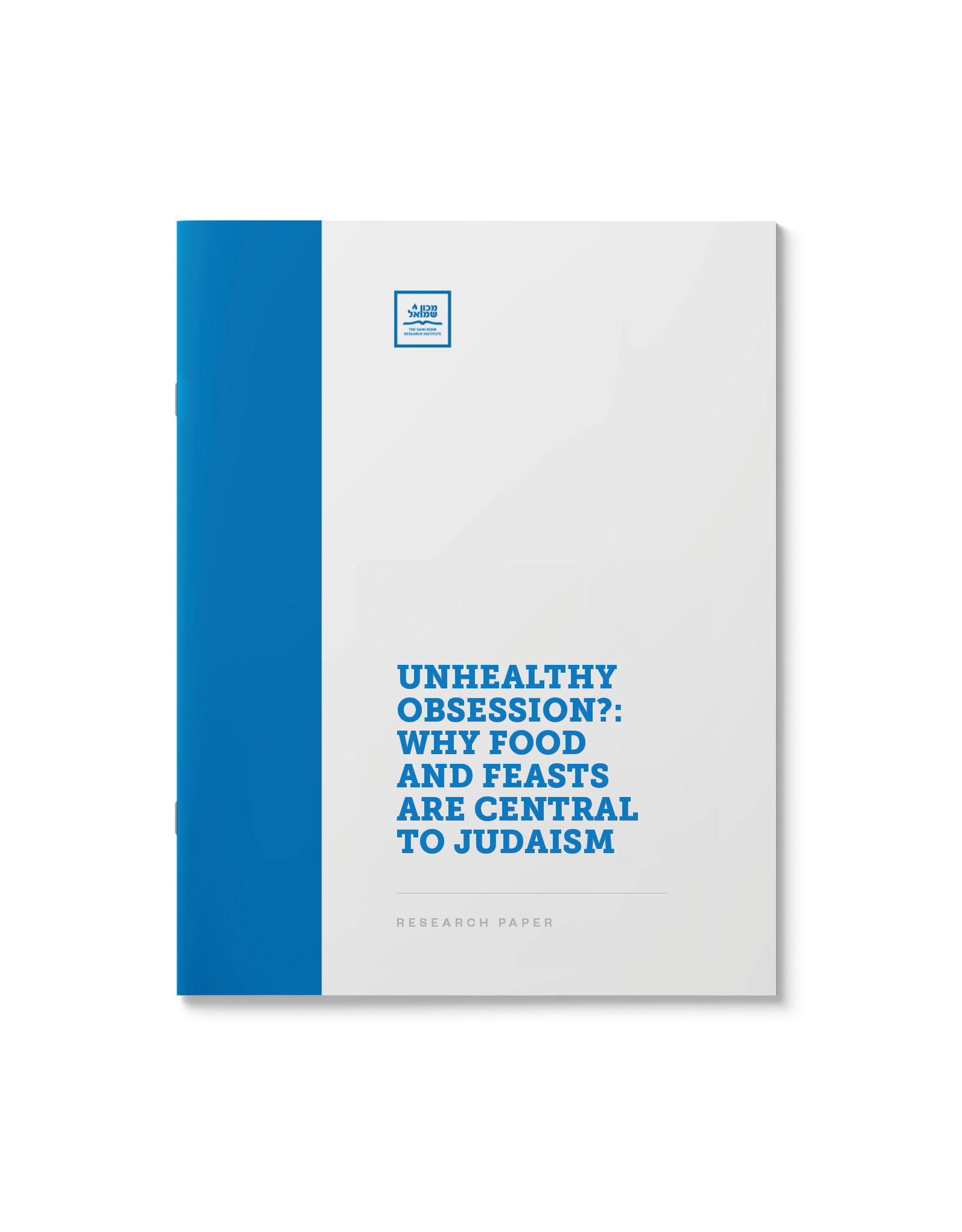Is the Menorah a Publicity Hound?
$39.00
Some people place their Menorah in the window for all to see. Others put it inside the home, opposite the doorpost. What’s the difference? Which way is better?
| Language | English |
|---|---|
| Paper Type | Research Paper |
| Pages | 4 |
Related Products
Inviting non-Shomrei Shabbat to attend Shul or meals at your
home is often also an invitation for them to drive on Shabbat. What are the
laws of this overlooked yet critical issue? Do the ends ever justify the means?
How can we balance our love for our fellow with our love for halacha?
The popularity of Smart Sensors is on the rise. As more aspects of ordinary life are administered by electronic mechanisms, many practical questions are raised about how observant Jewish life is impacted by the new technology.
When the stairwell lights only turn on when sensing your presence, can you use them on Shabbos? What about the inadvertent motion that triggers a neighbors’ outdoor lights? Can you be present in a room that is monitored by closed-circuit surveillance cameras?
A summary and index of the major contemporary Poskim on this issue.
See also: “An Uplifting Shabbos” on the general issue of Electricity and Shabbos.
Shabbos is a day of physical delight and spiritual rejuvenation. Each of the Shabbos meals is designed with taste and splendor, which elevates the simple act of eating to being a Heavenly experience.
Of what mystical significance are the three halachically-mandated meals on Shabbos? How does Jewish mysticism transform our appreciation for the Shabbos in general, and our perception of the third Shabbos meal in particular?
This item features a summary
of halachic opinion regarding the use of Shabbos elevators and prepaid trains
and busses. It also surveys the halachic definition of creating “fire,”
and how poskim define the use of electronic devices and appliances on
Shabbos. This package includes an index with 25 copies of original responsa.
The uncertain ownership that yeshivah students have of their dormitory rooms creates chaos when it comes to Pesach preparations. This paper clears the confusion. Must they do bedikas chametz? If yes, with or without a brachah? And do they also need to sell the chametz?
“You shall observe My statutes . . and live by them” (Vayikra 18:5).
What halachic guidelines are invoked to protect the well-being of the ill and infirm on fast days? What medical advice should be sought out in advance, and what questions need to be asked? When ought one resort to ‘shiurim’? How are they calculated?
Reviewed by a Moreh Hora’ah B’Poel
One of our most festive Holidays, an all-out celebration of the Torah, has neither Scriptural nor Talmudic basis.
These sources trace the development of this custom as well as many others related to Simchas Torah:
The yearly schedule for completing the reading of the Torah, the ensuing celebration and unique liturgy read on this occasion, the custom of dancing and circling the Bima seven times, other celebratory expressions such as marching with candles, torches and much more.
Also includes a collection of anecdotes regarding the importance of experiencing joy during this event.
(Hebrew)
The Blowing of the Shofar: Reasons and Significance
This paper features a curricular overview of the mitzvah of experiencing Oneg Shabbos.
Brushing teeth triggers various halachic concerns about the violation of Shabbat. This paper deconstructs the practices of oral hygiene to examine if there are issues of chovel, schita, uvdin d’chol and memareach.
The water used to bake Matzah must be mayim shelanu—water that had been drawn in the evening and left to cool overnight. What is the halachic background for this requirement?
“If not for the last minute, nothing would get done.”
The Mishna (Avot 5:6) lists a number of unique items created on that first Friday during Bein Ha-Shmashos (the twilight hour between shkia and tzeis hakochavim).
If our Shabbos observance — characterized by abstaining from creative labor — is to be a reflection of Hashem’s abstention from creation, why must we not engage in creative labor during Bein Ha-Shmashos?
Some fascinating perspectives culled from the Midrash, Kabalah and Chassidus.















